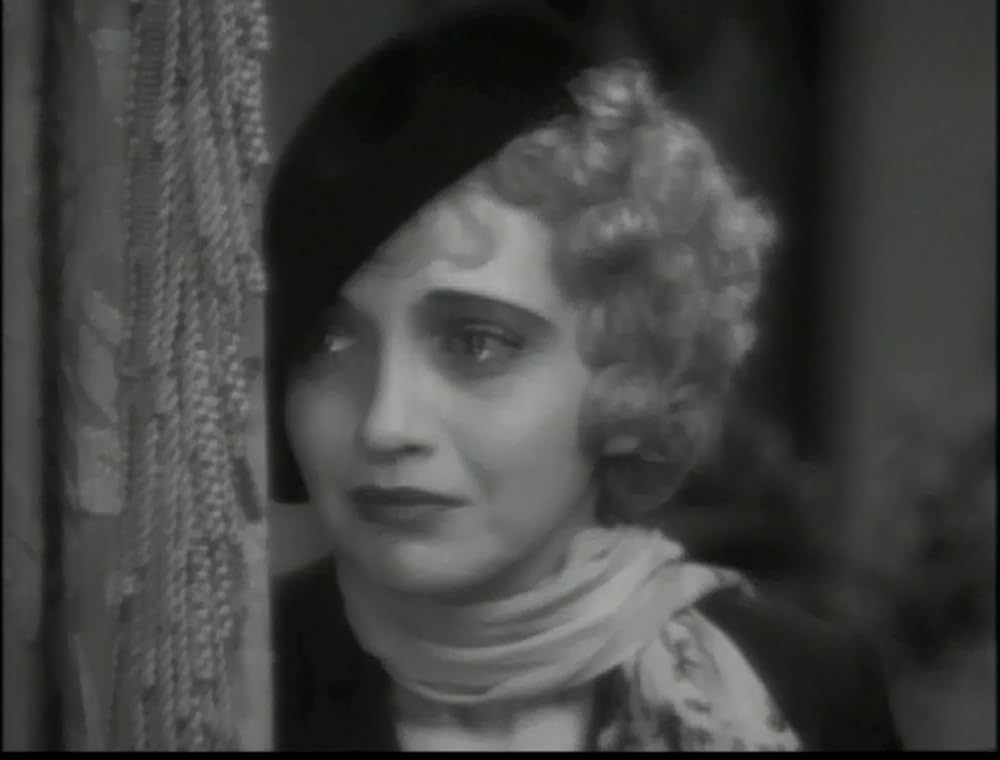my favorite movies of 1937:
(1) Confession
(2) The Awful Truth
favorite of 1937:
Confession(Kay Francis, Basil Rathbone. Directed by Joe May.)After being so smoothly, glibly charming in Trouble in Paradise (one of my favorite movies of 1932), Kay Francis becomes more rough and multi-layered and unpredictable in Confession, a heart-breaking drama that focuses on how the legal system struggles to deal with grey areas. This movie was ahead of its time with experimental camerawork, nonlinear storytelling, and MeToo themes. A sequence filmed from the perspective of a woman as she wakes up in a disoriented state, apparently having been blackout drunk with a womanizer, had me stunned to think that this movie came out in 1937, not 2017.
Confession should be better known. So should Kay Francis.
I don’t know of anywhere to stream or rent Confession, but I strongly recommend this DVD.
2nd favorite of 1937:
(Irene Dunne, Cary Grant, Ralph Bellamy, Skippy the dog. Directed by Leo McCarey.)
Cary Grant and Irene Dunne are a married couple heading toward divorce while lodging an endless series of low-key ripostes at each other.
The Awful Truth is a screwball comedy, but I also like to call it a “champagne comedy,” both because of the casual luxury that’s constantly in the background and makes it seem like the characters are playing life in easy mode, and because their banter fizzes with sparkling wit even when their marriage has gone flat.
The cast and director had an extraordinary struggle shooting The Awful Truth. They were stuck making this movie without a useable script — and this was back in the 1930s, when making an improvised movie seemed unthinkable. The assumption was that actors get paid to show up on schedule to deliver the lines they’ve memorized. Instead, director Leo McCarey made Cary Grant and Irene Dunne engage in extended improvs. Within the first week, the stars were going crazy: Dunne was regularly crying on set, and Grant wrote an 8-page letter to the head of the studio about everything that was going wrong with the movie.
After McCarey spent a while acting things out to show Grant and Dunne what he was looking for, the actors started loosening up, and the script kept getting written on the fly. McCarey drew on his experience directing the Marx Brothers in Duck Soup, my favorite movie of 1933. (If you’re familiar with Duck Soup, watch for how it inspired scenes in The Awful Truth involving a bowler hat and a radio.)
Dunne and Grant had never met before, but they instantly clicked and turned out to be brilliant comedians. All that improvisation led to a movie that felt like it had an immaculate script. The agonizing process of making this movie led to a fabulous success that launched Cary Grant into stardom. The Awful Truth was nominated for several Academy Awards including Best Picture. The only Oscar it won went to McCarey, for Best Director.
Stream The Awful Truth on Amazon Prime (it left but will likely come back) or these sites.
Click here for the full list of my favorite movie(s) of each year from 1920 to 2020.



Comments
Post a Comment
Thanks for submitting a comment on my movie blog! 🎬 Your comment won’t show up here right away. 😐 To make sure your comment gets seen, I recommend sharing this post on social media and saying whatever you feel like! 🤓